It is with great regret that we announce the death of Dr John Hinks (1946–2024) who will have been known to many in the Centre for Printing History & Culture. John had been ill over the autumn, having suffered from migraines for a long time. He was admitted to hospital at the start of April with a bleed on the brain from which he did not recover.
John was an Honorary Research Fellow in the Centre for Midland History & Culture, and an Honorary Reader in the Centre for Printing History & Culture (BCU) where he was a kindly and knowledgeable advisory to many students. As former Chair of both the Printing Historical Society and the National Printing History Committee, and as a Series Editor of Printing History & Culture (Peter Lang) and an editor for Publishing History, John did a huge amount to advance the cause of printing and publishing history and heritage.
John’s was a career one of two halves: firstly as a librarian and secondly as an academic. John started working as a library assistant with Birmingham City Council (Libraries) in 1962 and progressed to become Director of Leicestershire County Council (Libraries) until his early retirement, aged 51, in 1997. Retirement opened up the opportunity for his second career when he undertook doctoral studies with Prof John Feather at the University of Loughborough with a thesis entitled the ‘History of the Leicester book trade up to 1850.’ This led to several academic roles at the University of Birmingham where, between 2002 to 2017, John was a Research Fellow teaching in the Department of Modern History and the Shakespeare Institute. However, it was in the Department of English, working with Dr Maureen Bell, that he produced the indispensable ‘British Book Trade Index on the Web’, which was funded by the AHRC and is now maintained by the Bodleian Library.
John’s scholarly interests were comprehensive, and he published widely including articles on urban cultural history in the midlands, especially print culture and urban cultural networks, in the early modern period and long eighteenth century. He was fascinated by the history of the book trade, including trade networks, and the wealth, status, and social mobility of book-trade people, particularly in Leicestershire. He was also known for his work on the urban context of printing and printers and had a soft spot for popular print culture including chapbooks and other ‘street literature.’ Most recently he had turned his attention to print culture and the book trade in the spa towns of the Midlands, starting with Leamington Spa. More recently, his interest in the history of printed images, especially those on urban themes, was manifest through the popular lecture series 'History of the Printed Image Network', which he initiated.
John was an erudite scholar with that rare skill of wearing his knowledge lightly and sharing it with generosity. More than that he was a kind friend and mentor who provoked affection and will be greatly missed.

